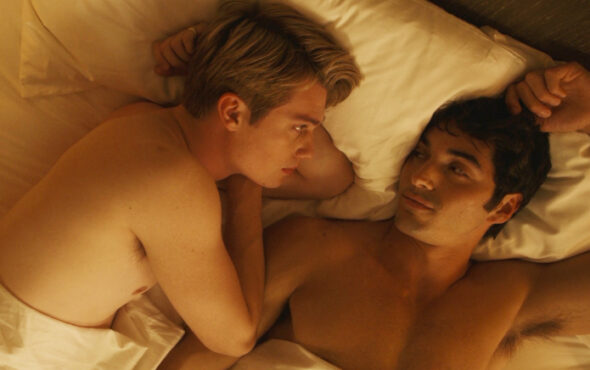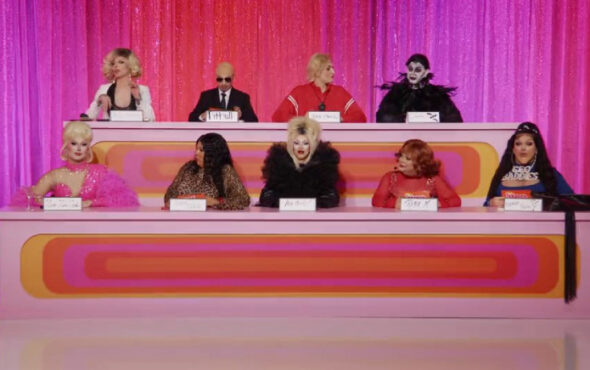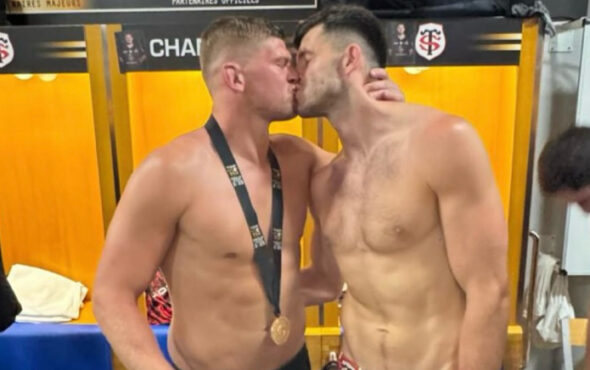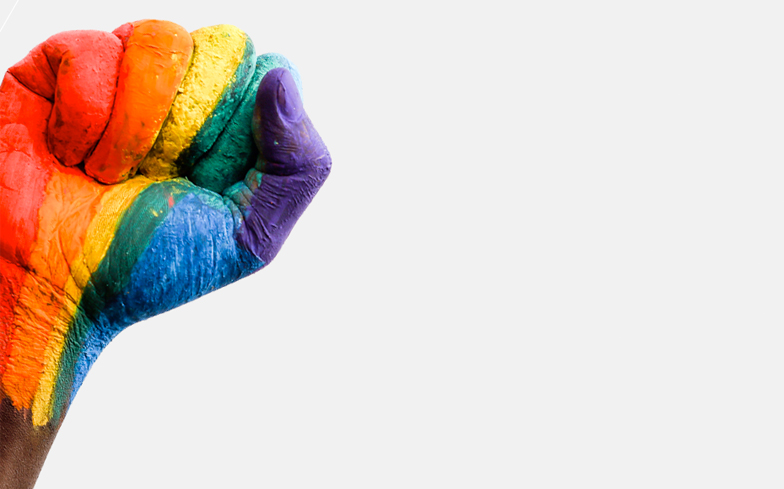
LGBTQ equality charity Stonewall have released new research which shows that more than half of Black, Asian and Minority Ethnic (BAME) LGBTQ people have faced discrimination from the wider LGBTQ community.
The new report investigated the experiences of different groups of LGBTQ people at home, in LGBTQ communities, and in faith groups, polling over 5,000 people for the survey.
The results exposed the extent to which BAME LGBTQ people face double discrimination – being victim to prejudice based on both their sexual orientation and/or gender identity, as well as their race.
Over half of BAME LGBTQ people (51%) say they’ve faced discrimination or poor treatment from the wider LGBTQ community.
That number increases to three in five (61%) for black LGBTQ people.
BAME LGBTQ have cited racist language and behaviour – particularly on dating apps – as the most common forms of discrimination from within the LGBTQ community.
Elsewhere, Stonewall looked into acceptance from family and friends for different groups of LGBTQ people.
Just under half of LGBTQ people feel able to be open about their sexual orientation and/or gender identity to their whole family.
A third of bisexual people (32%) say they cannot be open with family members about their sexual orientation at all.
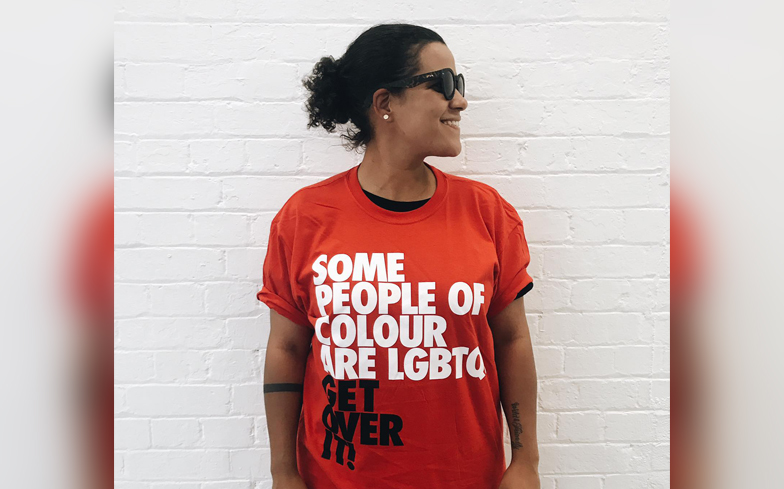
Moreover, the research revealed that transgender, LGBTQ disable people, and LGBTQ people of faith were at most risk of being excluded by their families when they come out.
More than a third of rans people (36%), a quarter of LGBTQ disabled people (26%) and a fifth of LGBTQ people of faith (21%) say they’ve experienced some form of discrimination from within the LGBTQ community.
“This research gives a worrying insight into just how serious a problem prejudice is within our community, and we need to talk about it,” said Ruth Hunt, Chief Executive, Stonewall UK.
“Users of dating apps will be familiar with phrases like ‘No blacks, no Asians’ and ‘No chocolate, no curry, no rice, no spice’ becoming the modern-day versions of ‘No blacks, no dogs, no Gypsies’.
“Both online and in their daily lives, LGBT people of colour are excluded and face stereotyping from their white peers. This leaves BAME LGBT people feeling unwelcome within the wider community.”
She added: “This is unacceptable and it causes damage and mistrust. If real change for BAME LGBT people is to occur, we as a community need to hold a mirror to ourselves and have open conversations about how to change.
“This means learning to recognise our own privileges and to be active allies to each other. The same is true for Stonewall: we are absolutely aware that we too are on a journey and we have a long way to go. But we are committed to learning and getting it right going forward – both internally within Stonewall, and externally.
“To truly work with and for all LGBT communities, we have to be an active part of the solution to many of the issues outlined in this report. Our ‘Come Out For LGBT’ campaign is all about being visible and doing something to stand up for others.
“This research shows just how much those voices are needed if we are to get to a point where everyone in our community is included as an equal.
“It’s only by working together that we can create a world where all LGBT people are accepted without exception.”

